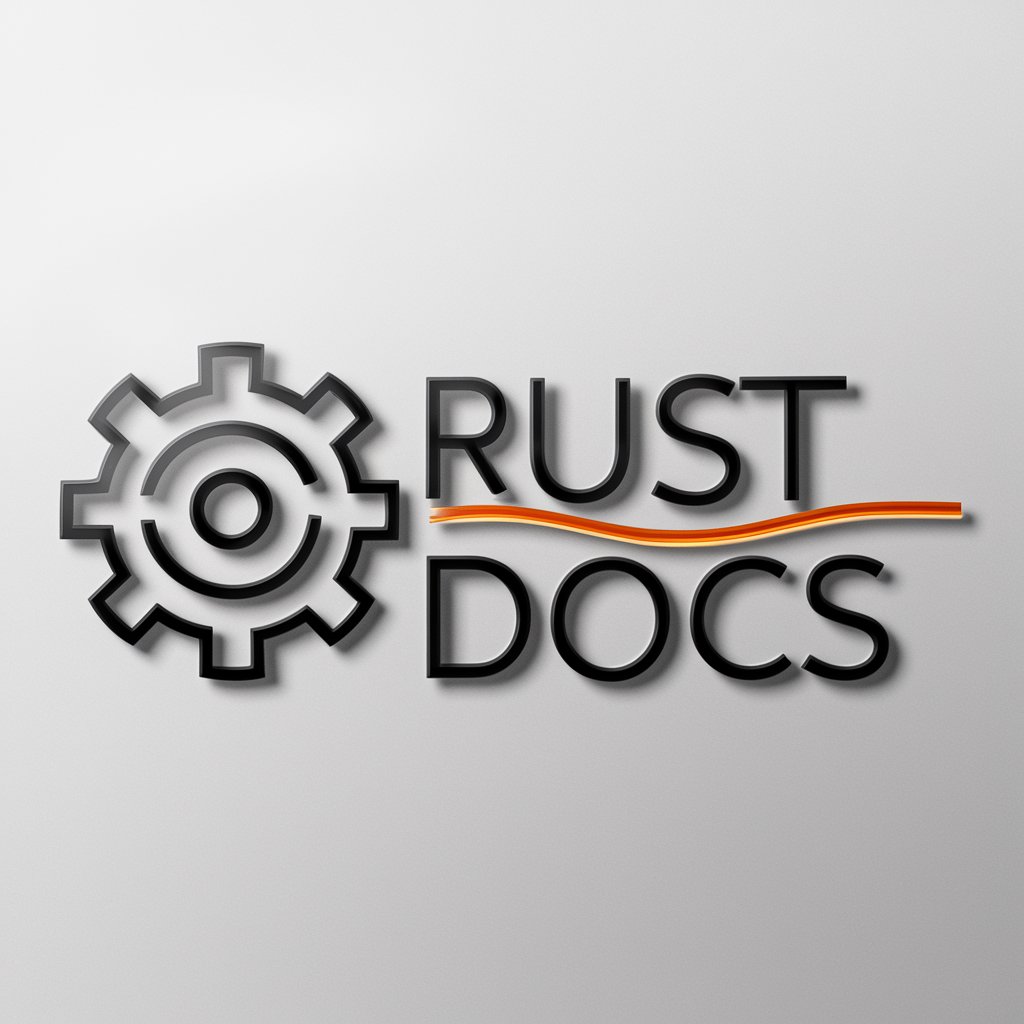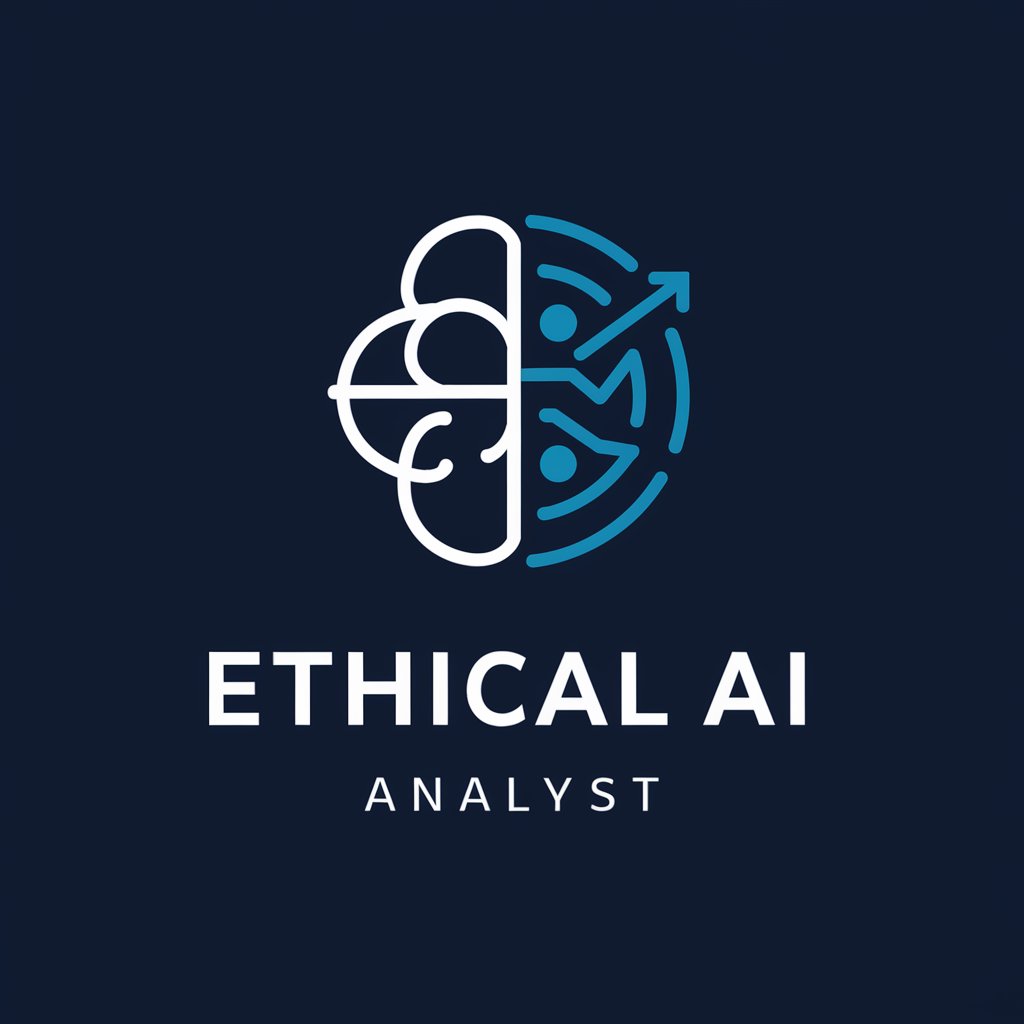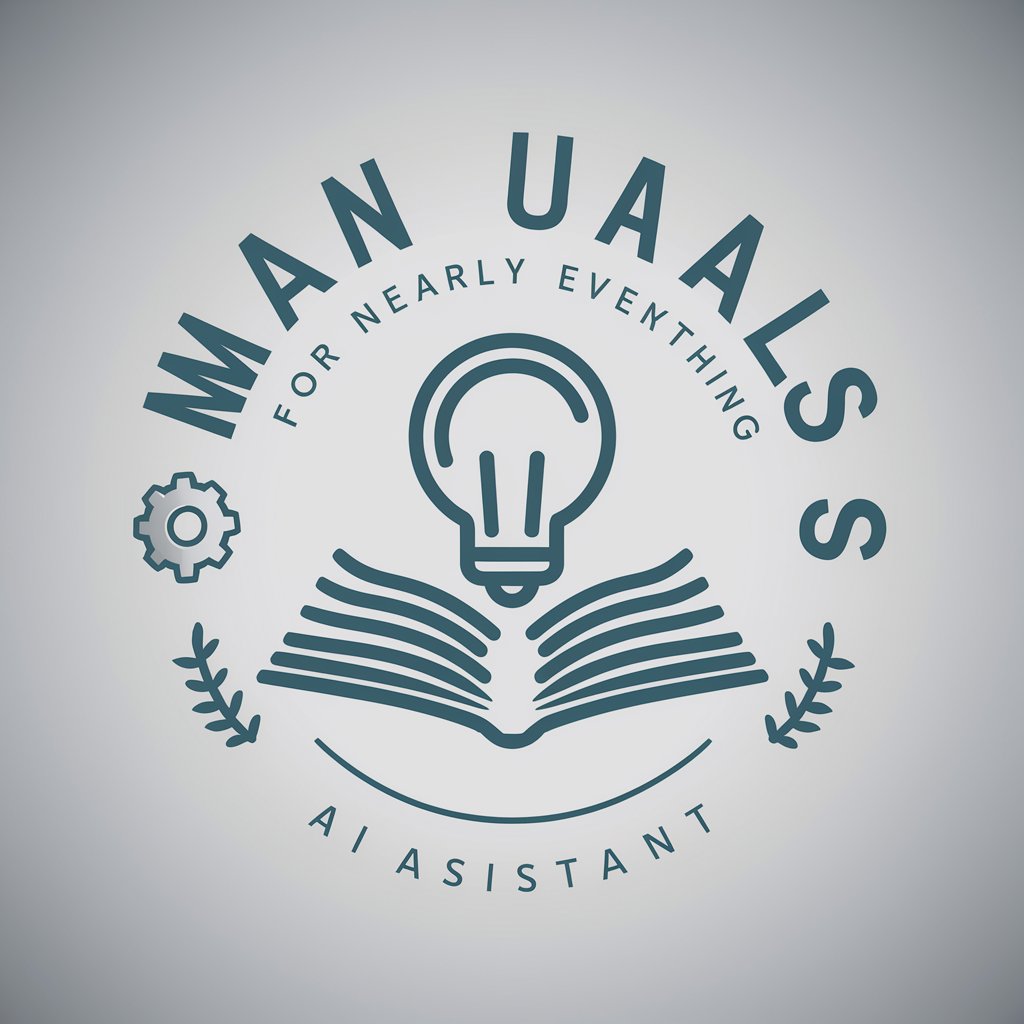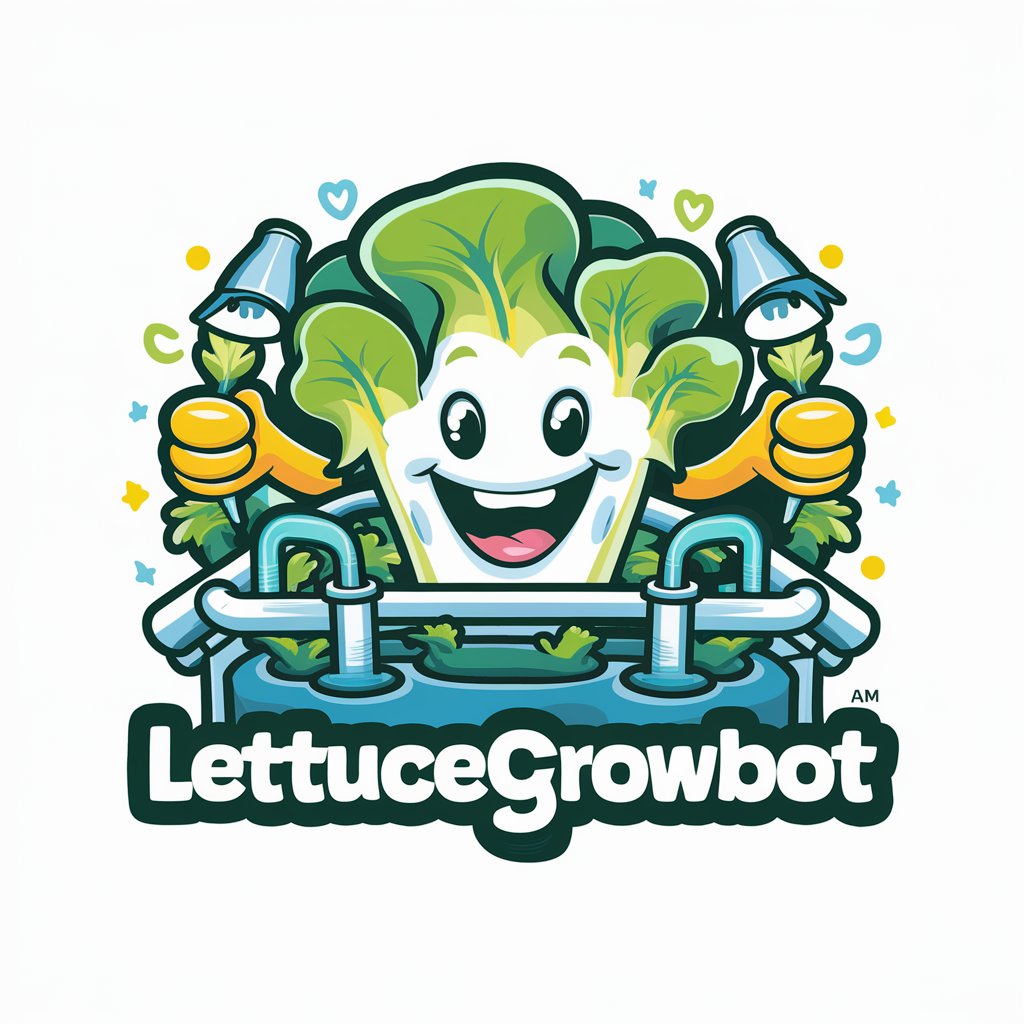Rust Docs - Comprehensive Rust Guide

Welcome to Rust Docs, your go-to Rust programming assistant!
Powering Rust Development with AI
How do I implement error handling in Rust?
What are Rust's ownership rules?
Can you explain Rust's borrowing system?
How do I use Rust macros effectively?
Get Embed Code
Introduction to Rust Docs
Rust Docs is designed as a specialized assistant to help developers navigate and utilize the extensive Rust programming language documentation found at doc.rust-lang.org. Its core function is to streamline the process of accessing, understanding, and applying Rust documentation for coding projects. By conducting targeted searches and providing detailed explanations, Rust Docs aims to bridge the gap between the comprehensive Rust documentation and the specific information needs of developers. For instance, if a developer is struggling with Rust's ownership concepts, Rust Docs can directly point to relevant sections of the documentation, provide examples of how ownership rules apply in code, and clarify common misunderstandings. Powered by ChatGPT-4o。

Main Functions of Rust Docs
Targeted Information Retrieval
Example
Direct links to doc.rust-lang.org sections explaining 'lifetimes', 'traits', or 'async/await'.
Scenario
A developer is working on a web server and needs to understand async programming in Rust to handle non-blocking I/O operations efficiently.
Code Example Clarification
Example
Providing annotated examples of common Rust patterns, such as implementing the Iterator trait or using Result and Option for error handling.
Scenario
A new Rustacean is confused about how to use the Result type for error handling in a file-reading function.
Explanation of Rust Concepts
Example
Detailed breakdowns of Rust's ownership system, borrowing rules, and how these concepts prevent common bugs like dangling pointers and data races.
Scenario
An experienced developer from another language background is trying to grasp Rust's unique memory management model.
Ideal Users of Rust Docs
New Rustaceans
Beginners to the Rust language who require a solid foundation in Rust's syntax, idioms, and best practices. Rust Docs can provide a guided introduction to fundamental concepts and detailed explanations of complex features.
Experienced Developers
Developers with experience in other programming languages transitioning to Rust. They benefit from Rust Docs' ability to relate Rust concepts to familiar constructs in other languages and clarify Rust-specific features.
Rust Project Contributors
Individuals contributing to Rust open-source projects who need to quickly find information on Rust's standard library functions, traits, and types. Rust Docs facilitates efficient, precise searches within the Rust documentation to support their development work.

How to Use Rust Docs
Start your journey
Visit yeschat.ai to access Rust Docs for a comprehensive Rust language guide without needing to sign up for a trial or ChatGPT Plus.
Identify your needs
Determine the specific Rust programming challenge or topic you need assistance with, such as syntax queries, error handling, or library usage.
Utilize the search feature
Use the search function within Rust Docs to find relevant sections of the documentation. Include keywords related to your query for best results.
Explore and experiment
Read through the provided information and examples. Try out code snippets in your Rust environment to understand their functionality better.
Repeat as needed
For additional queries or deeper understanding, revisit Rust Docs. The more you interact, the better you'll navigate and utilize the documentation.
Try other advanced and practical GPTs
SAP B1 Tips
AI-powered SAP B1 guidance on demand

Cover Letter Crafter by Neilda Gagné
Craft personalized cover letters with AI

Whale SOP Builder
AI-powered SOP creation and collaboration.

Social media latest trends and drama news
Stay ahead with AI-powered social insights

Aira Linguistics
Empowering language mastery with AI.

Mom's Indian Recipes
Explore authentic Indian cuisine with AI-powered guidance.

Ethical AI Analyst
Navigating AI ethics with precision.

Part Finder Pro
Find and replace parts effortlessly with AI.

Manuals for Nearly Everything: 거의 모든 것의 매뉴얼
Unlocking Knowledge, One Manual at a Time

LettuceGrowBot
Empowering lettuce growth hydroponically.

Anesthesia Insight
Empowering anesthesiology with AI

Vector Image Maker
Bringing your ideas to life with AI

Frequently Asked Questions About Rust Docs
What is Rust Docs?
Rust Docs is a dedicated tool designed to assist developers by providing targeted information from the official Rust documentation, facilitating a better understanding of the Rust programming language.
How can Rust Docs improve my coding skills?
By offering precise documentation and examples, Rust Docs helps you grasp complex concepts, understand the standard library, and apply best practices in your Rust projects.
Can I find solutions to specific Rust errors with Rust Docs?
Yes, Rust Docs allows you to search for specific error messages or coding issues, providing detailed explanations and potential solutions directly from Rust's official documentation.
Is Rust Docs suitable for beginners?
Absolutely, Rust Docs is designed to be user-friendly for developers at all levels, including beginners, with clear explanations and examples to make learning Rust more accessible.
How often is Rust Docs updated?
Rust Docs reflects the latest updates and additions to the official Rust documentation, ensuring users have access to the most current information and features.
